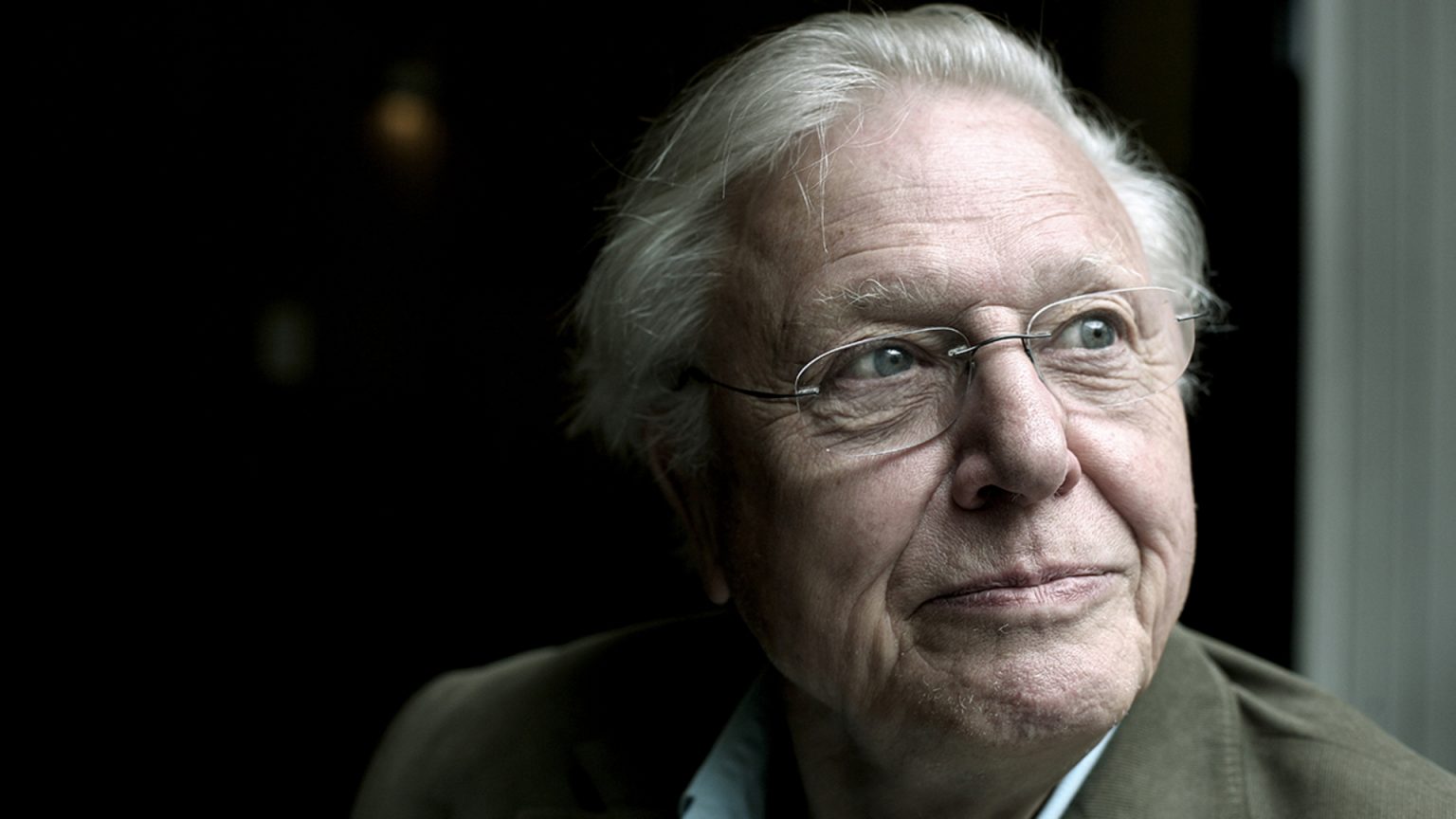Does the concept of autonomous sensory meridian response (ASMR) ring a bell? Per Wikipedia, it’s a term “used for an experience characterized by a static-like or tingling sensation on the skin that typically begins on the scalp and moves down the back of the neck and upper spine.” Positive feelings (even euphoria, some say) accompany the sensation, and it is usually triggered by auditory or visual stimuli, like a quiet and repetitive sound. A more specific example might be the voice of Sir David Attenborough, the renowned naturalist and documentary presenter.
If you don’t know him by name or face, then surely you know him by his voice, which you may have heard most recently in the BBC’s Planet Earth II (2016). Whether you’ve heard him describing the lives of plants or the enigmatic behavior of octopuses, Attenborough is undoubtedly the most well-known nature documentary presenter in the world. ASMR-inducing videos abound, but David Attenborough’s documentaries are like the original ASMR videos. What is it about his voice that’s so compelling, and why has it made this man such a cultural icon?
Extraordinary Octopus Takes to Land
Attenborough’s programming career began in the early 1950s producing radio shows for the BBC. His work on a nature documentary series, Animal Patterns, gradually led him to more natural history work, and overtime, after stints administrating at the BBC, he settled into his more well-known role as a broadcaster, presenting nature documentaries. From Life on Earth (1979) to Planet Earth, Attenborough’s voice has set the standard for nature documentary presenting.
Who Knew Slugs Could Be So Romantic
For many, Attenborough’s voice likely provided a first entry into the natural world. He played a significant role in the popularization of nature documentaries and is so prolific that it’s hard not to anticipate his voice accompanying footage of the natural world. If you first heard his voice when you were a child, the nostalgia factor is powerful.
The sort of disembodied voiceover that Attenborough presents in his movies and TV shows is a powerful mode of storytelling. There’s a sense of objectivity and omniscience that tells us the facts and the story of the natural world while standing apart from the other, organic sounds in his films and shows.
The key ingredient to Attenborough’s impact, though, is the intangible sound of his voice. It is soft and raspy, and simultaneously gentle and authoritative. His thick British accent sounds distinguished, regal, and kind. One can’t help but believe what he has to say and feel comforted by his words.
The fact that his voice typically describes the natural world (and not, say, a cooking show) is also significant. Nature is a chaotic, harsh, and unforgiving place, and any remotely truthful documentary will in some way have to convey this. Having Attenborough’s voice translates the brutality of nature as cathartic. We have to accept, for example, that every now and then, a baby elephant will be separated from its mother, and will die of thirst. When David Attenborough describes this, the situation’s inherent sadness is funneled through his prism of grandfatherly wisdom. His voice keeps us company and makes the difficult realities of nature more palatable.
The Lonely Elephant
One of the few criticisms of Attenborough’s is that his voice might be almost too soothing. Martin Hughes-Games, another nature documentary producer and presenter, criticized Planet Earth II for painting too rosy of a portrait of the natural world, and for not paying enough attention to how dire our environmental problems really are.
It’s no surprise that Attenborough’s voice has spawned a number of parodies and homages. There’ an unofficial Facebook page representing itself as David Attenborough’s Voice. He once narrated a curling event as though the athletes were wild animals. He also indulged a radio host’s request that he narrates the Xavier Dolan-directed music video to Adelle’s Hello.
“Hello” – Narrated
There’s an undeniable celebration in these parodies because life feels different when David Attenborough makes sense of it. His voice offers a softer, more therapeutic outlook. Imagine for a moment that David Attenborough narrated the most significant moments of your life: your first love, or first heartache, your happiest and saddest moments. Walk down the street and imagine that almost archetypal “Attenborough voice,” with its measured, geriatric intonation, describing your day-to-day life. Do you feel the tingle on the back of your neck?




